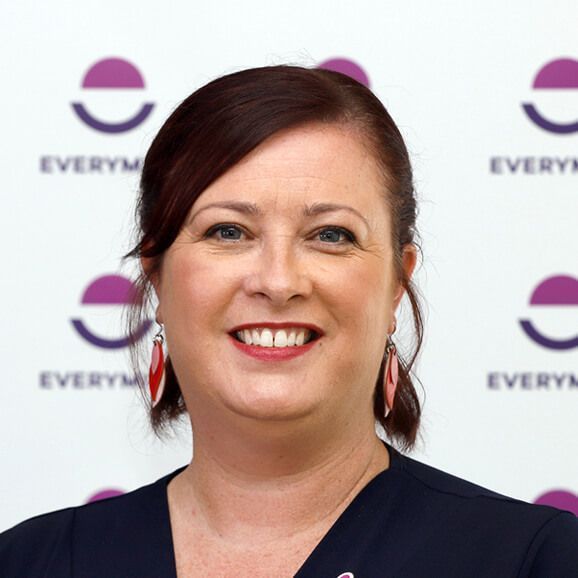Why should I focus on me?
Being mentally healthy and living well is important to every single one of us. It’s about enjoying life and connecting to friends, family, community and culture. Most caregivers have told us they find it difficult to remember their needs are important.
This is usually because you are so focused on supporting someone else that you put your own needs and wellbeing further down the list. But if you burn out, the support you provide will not be as effective, and your own mental health and wellbeing could become a concern.
You may have heard the term ‘self-care’ before. It’s easy to shrug it off – but we are here to let you know how important and powerful this simple act of kindness to yourself can be.

What is self-care?
‘Self-care’ means looking after ourselves. Self-care means doing activities to increase our energy, look after our health and reduce stress. Self-care can also be about processing emotional reactions to life and doing things that we might find difficult, like asking for help.
Here are some things family and friends who support others have told us.
“Look after yourself and don’t be ashamed or afraid to ask for help; keep asking until you find the right people or the right place.” – Support person, Consultation 2019
“It is pretty constant. Even when I am not physically there, I am usually organising something or on the phone trying to get things done. It really doesn’t end in terms of hours. The only time I really have off is when I am asleep.” – Support person, Consultation 2019
If you are supporting someone who has attempted suicide, or supporting a paramedic experiencing mental health concerns or suicidal distress, learn lots of tips and strategies for self-care by accessing our free programs.
Minimising stress
We can do many things in times of stress to help ensure we ‘bounce back’ from the challenge. We often can’t change our situation, but we can change our reactions and implement strategies to help us cope better.
To minimise stress, you can:
- Take regular breaks
- Set boundaries
- Find people you can talk to
- Speak with your employer to support your caregiving role
- Encourage the person you’re supporting to speak to their employer if necessary
- Access support services for yourself (like your GP, a counsellor, a support group or peer worker, or one of our programs)
- Avoid making big life decisions while things are unsettled.
Caring for yourself is important
Dr Jaelea Skehan OAM is the Director of Everymind and has her own lived experience of supporting others. Listen to Dr Skehan explain why caring for yourself is so important when you’re caring for others and that self-care isn’t selfish. You need to invest in your own health for you to keep providing support. Forgiving yourself when you don’t get things right is a really important part of this self-care journey.
Resources
There are many more resources, videos and strategies in our programs for looking after yourself because there are many ways to practise self-care, and there is no ‘one size fits all’ approach.
To start with, the below factsheets may be helpful.
- Taking a break from caring – For more information on respite or taking a break from the carer role
- Staying active and eating well – For more information on diet and exercise
- Sleep hygiene – For more information on how sleeping well contributes to self-care.
